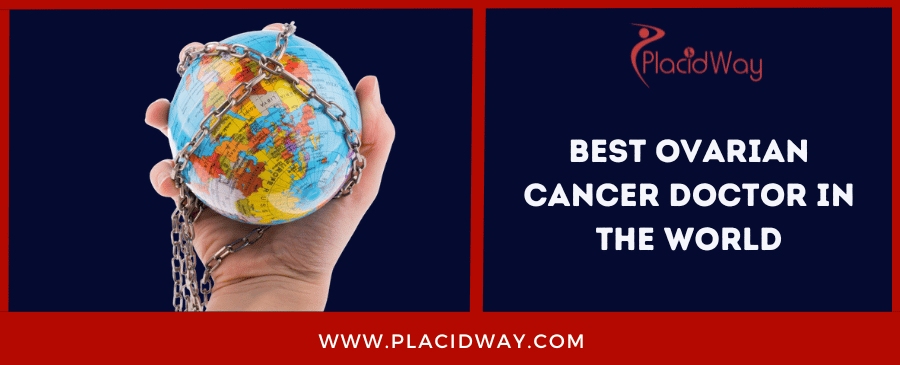
Receiving an ovarian cancer diagnosis is a life-altering event that demands immediate access to the best possible medical care. The search for the "best doctor" quickly becomes a search for the best comprehensive team, technology, and treatment philosophy. Ovarian cancer treatment is a complex field, encompassing everything from aggressive, evidence-based surgery and chemotherapy to groundbreaking immunotherapies and holistic approaches.
This guide is designed to provide clarity and hope, exploring the different types of treatments available, the specialists who provide them, and the world-leading centers that offer the highest standards of care, whether you are seeking standard treatment, experimental options, or alternative therapies.
Key Takeaways
-
The single most important factor for a better outcome is being treated by a gynecologic oncologist, a specialist trained in both the surgical and medical management of female cancers.
-
The standard of care for ovarian cancer is a combination of cytoreductive (debulking) surgery and platinum-based chemotherapy. This is the proven, first-line approach.
-
New frontiers in treatment include PARP inhibitors, immunotherapy, and experimental cell therapies like CAR-T. Top international centers in Turkey, Mexico, and China offer different specializations across this spectrum.
-
Cost of treatment varies dramatically. A full course of standard care (surgery + 6 cycles of chemotherapy) can cost over $200,000 in the USA, while leading JCI-accredited hospitals in Turkey offer similar packages for $25,000 – $50,000.
Best Ovarian Cancer Doctors in the World
The "best" center is subjective and depends on your diagnosis, treatment goals, and personal philosophy. This list covers leading institutions across the spectrum of care.
Immunity Therapy Center
– Tijuana, Mexico
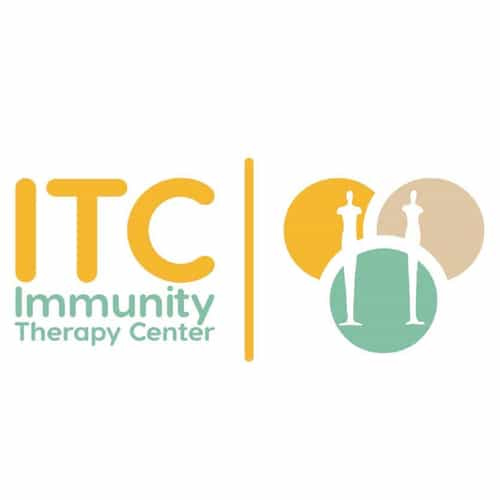
For Alternative & Holistic Cancer Care
Immunity Therapy Center (ITC) is a leading clinic for ovarian cancer treatement in Mexico specializing in alternative and complementary cancer treatments. Their philosophy is to fight cancer by strengthening the body's natural defense mechanisms. For patients seeking options beyond conventional medicine or wanting to integrate holistic care, ITC provides personalized programs that may include immunotherapy, specialized nutrition, and other protocols designed to improve quality of life and support the body's fight against cancer.
Key Services:
-
Personalized, holistic treatment plans
-
Innovative immunotherapies and natural treatments
-
Patient-centered, compassionate environment
Bayindir Healthcare Group
– Istanbul & Ankara, Turkey

For Evidence-Based Standard of Care
Bayindir Healthcare Group is a premier, JCI-accredited institution representing the gold standard in conventional ovarian cancer treatment. Their multidisciplinary team of gynecologic oncologists, medical oncologists, and surgeons follows international NCCN and ESMO guidelines. They offer state-of-the-art facilities for complex debulking surgery and the latest chemotherapy and targeted therapy protocols, providing world-class care at an accessible price point.
Key Services:
-
Advanced Cytoreductive Surgery
-
Intraperitoneal Chemotherapy (HIPEC)
-
Full range of chemotherapy and PARP inhibitor therapies
Beijing Bioocus Medical Group
– Beijing, China
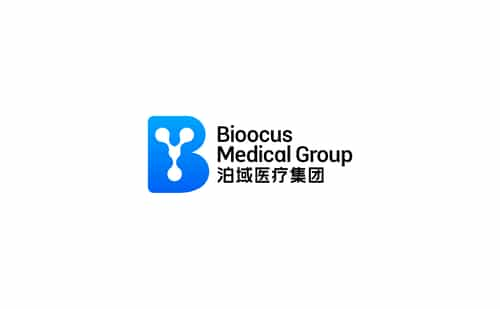
For Cutting-Edge, Experimental Cell Therapy
Beijing Bioocus Medical Group is at the forefront of cellular and gene therapy in Asia. They are a research-driven institution offering access to some of the most advanced and experimental treatments available today, including CAR-T cell therapy. For ovarian cancer patients who have exhausted standard options, this center may offer access to clinical trials for next-generation treatments that are not yet widely available.
Key Services:
-
Access to CAR-T and other advanced cell therapies
-
Focus on innovative and experimental oncology
-
World-class laboratory and research facilities
What is Ovarian Cancer?
Ovarian cancer is a disease in which malignant cells form in the ovaries. It is often called the "silent killer" because its symptoms are typically vague and can be easily mistaken for other conditions, leading to diagnosis at a late stage.
The ovaries are two small, almond-shaped organs that produce eggs and female hormones. Cancer can develop in different cells, but the most common type is epithelial ovarian cancer, which begins in the thin tissue covering the outside of the ovaries.
Symptoms are often subtle and persistent, and include:
-
Persistent bloating or increased abdominal size
-
Pelvic or abdominal pain
-
Difficulty eating or feeling full quickly
-
Urinary symptoms (urgency or frequency)
The CA-125 blood test is a marker used to monitor ovarian cancer, but it is not a reliable screening tool for the general population.
The Specialists Who Treat Ovarian Cancer
Optimal ovarian cancer care is delivered by a multidisciplinary team, but it is a board-certified gynecologic oncologist who should lead your care and perform your surgery.
Studies have shown that patients have significantly better outcomes when their initial surgery is performed by a gynecologic oncologist. This specialist has completed an OB/GYN residency followed by a multi-year fellowship focused exclusively on the surgical and medical treatment of cancers like ovarian, uterine, and cervical cancer.
Your team may also include:
-
Medical Oncologist: A doctor specializing in treating cancer with medication like chemotherapy and targeted therapy.
-
Radiation Oncologist: A specialist who uses radiation to treat cancer.
-
Pathologist: A doctor who examines tissues to diagnose disease.
Standard of Care: The Foundation of Treatment
The globally accepted, evidence-based approach to treating ovarian cancer is built on two pillars: aggressive surgery to remove as much cancer as possible, followed by chemotherapy to kill any remaining cells.
Cytoreductive (Debulking) Surgery
This is the cornerstone of treatment. The goal of the gynecologic oncologist is to achieve "optimal debulking," which means leaving no visible signs of cancer behind, or tumors no larger than 1 cm. This complex and lengthy surgery may involve removing the ovaries, fallopian tubes, uterus, and any other tissues where the cancer has spread.
Chemotherapy
After recovery from surgery, patients typically begin chemotherapy. The standard regimen is a platinum-based combination, most often Carboplatin and Paclitaxel, administered intravenously every 3-4 weeks for about six cycles.
Maintenance & Targeted Therapy
For many women, especially those with specific genetic mutations (like BRCA), treatment now includes a maintenance phase after chemotherapy. PARP inhibitors are a class of oral medications that have revolutionized care, significantly delaying cancer recurrence.
Did You Know? The success of the initial debulking surgery is the single most important predictor of a patient's long-term survival. This is why choosing a highly experienced surgeon and a high-volume cancer center is absolutely critical.
The Rise of Innovative & Alternative Therapies
Beyond the standard of care, new treatment paradigms offer hope, especially for recurrent or advanced disease. These range from cutting-edge science to holistic approaches focused on well-being.
Immunotherapy
This approach uses drugs to help a patient's own immune system recognize and destroy cancer cells. While immunotherapy has transformed the treatment of other cancers, its role in ovarian cancer is still being defined in clinical trials, but it shows promise for a subset of patients.
CAR-T and Gene Therapy
Considered the frontier of cancer medicine, these therapies involve genetically engineering a patient's own immune cells to attack their specific cancer. For ovarian cancer, CAR-T therapy is still highly experimental and available almost exclusively in clinical trials at specialized research centers.
Alternative & Holistic Approaches
These therapies are not intended to replace standard medical treatment but are often used alongside it (as complementary medicine) to improve quality of life, manage side effects, and support the body's overall health. This can include specialized diets, intravenous vitamin C, detoxification therapies, and immune-boosting protocols.
Cost of Ovarian Cancer Treatment: A Global Perspective
The financial burden of ovarian cancer treatment can be overwhelming. Top international centers offer world-class care at prices that are dramatically lower than in the United States.
Disclaimer: These are estimated prices. Innovative/experimental treatments like CAR-T or some immunotherapies have vastly different and often much higher costs.
Questions to Ask Your Ovarian Cancer Doctor
You are your own best advocate. Go to your appointments prepared with a list of questions.
-
Are you a board-certified gynecologic oncologist?
-
How many debulking surgeries for ovarian cancer do you perform each year?
-
What is the goal of my surgery? Do you believe you can achieve optimal debulking?
-
What type of chemotherapy do you recommend and why?
-
Am I a candidate for PARP inhibitors or other targeted therapies?
-
Are there any clinical trials that I should consider?
-
What can I do to manage side effects and maintain my quality of life?
Frequently Asked Questions (FAQs)
Q1: What is the best treatment for ovarian cancer?
The globally recognized best first-line treatment is aggressive debulking surgery performed by a gynecologic oncologist, followed by a platinum-based chemotherapy regimen. Maintenance therapy with PARP inhibitors is now also standard for many women.
Q2: Can ovarian cancer be cured?
If caught in the earliest stages (Stage I), the 5-year survival rate is over 90%, and a cure is very possible. For later-stage disease, ovarian cancer is often treated as a chronic condition. While a cure is more difficult, modern treatments can lead to long periods of remission and good quality of life for many years.
Q3: What is the survival rate for ovarian cancer?
Survival rates are statistics and cannot predict an individual's outcome. They depend heavily on the stage at diagnosis. The overall 5-year survival rate is about 50%, but this number is rising as new treatments like PARP inhibitors become more common.
Q4: Is immunotherapy effective for ovarian cancer?
Currently, only a small subset of ovarian cancer patients with specific tumor markers benefit from immunotherapy. It is an area of intense research, and its role is expected to expand in the future.
Navigate Your Ovarian Cancer Journey with Clarity and Support.
Choosing a treatment path is one of the most important decisions you will ever make. PlacidWay is dedicated to helping you find and access the world's leading ovarian cancer specialists and hospitals, tailored to your specific needs and treatment philosophy.
Contact PlacidWay today for a FREE, confidential consultation and explore your options for world-class care.


.png)

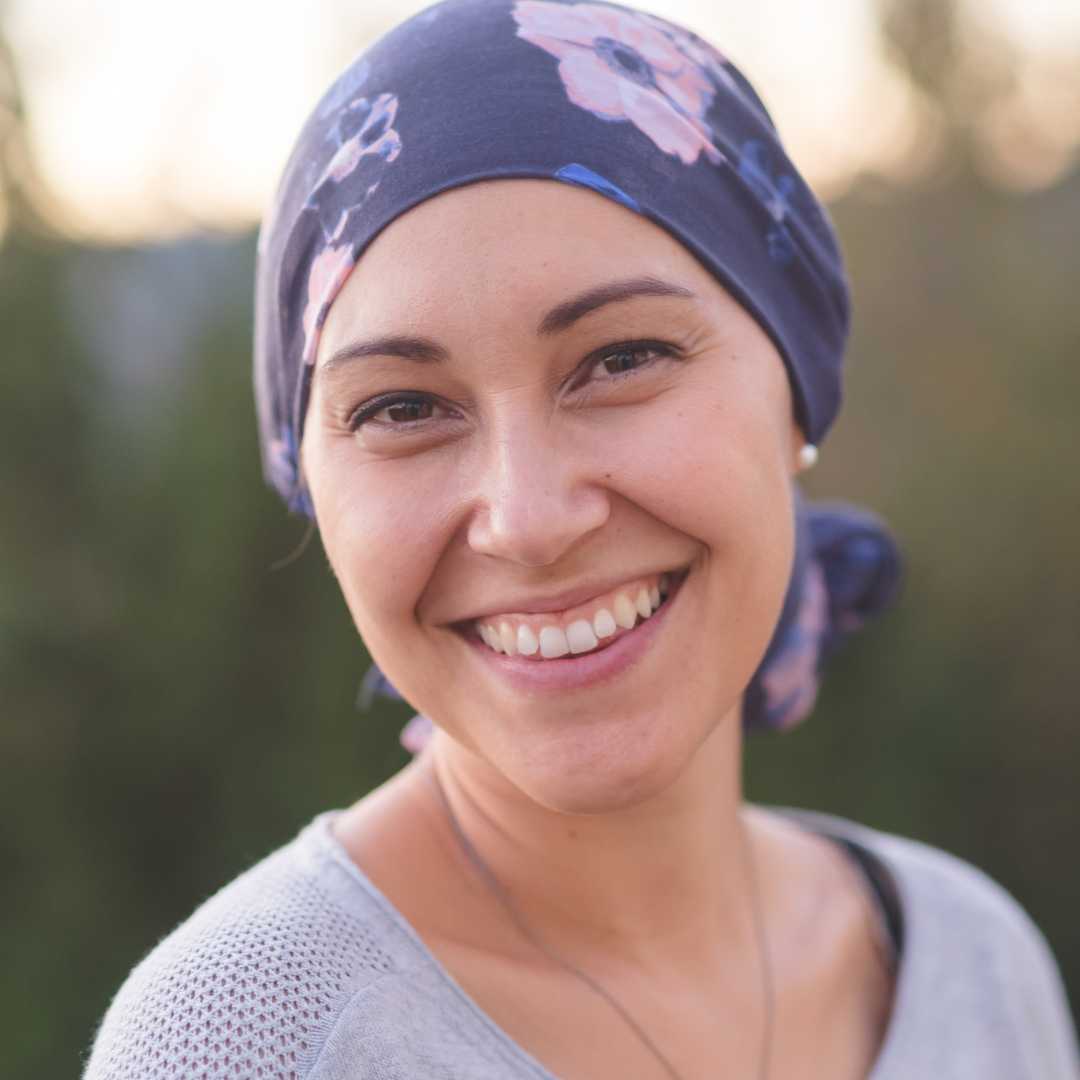

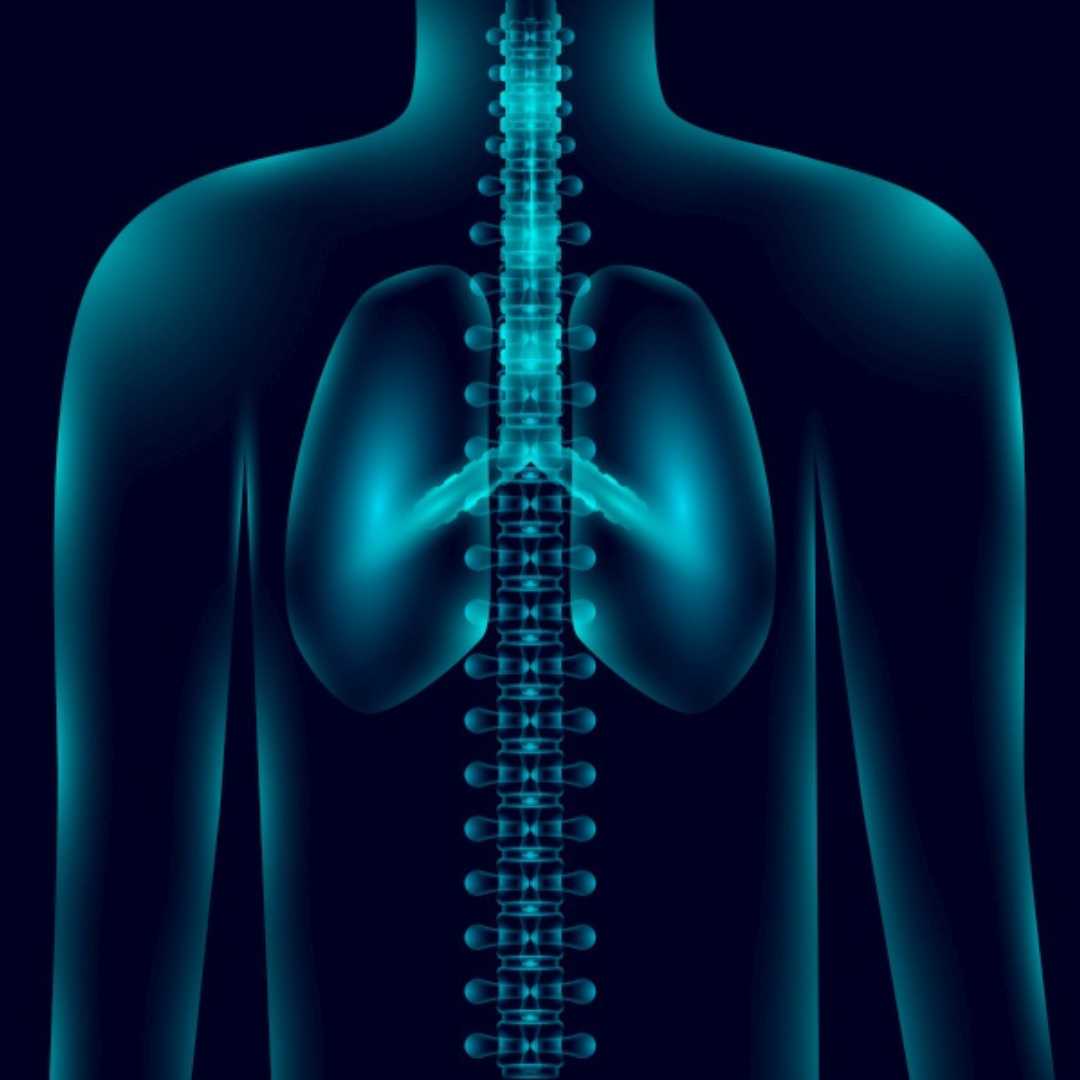

.png)
.png)


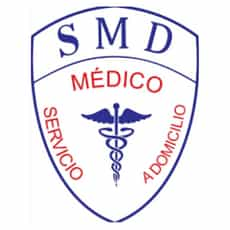
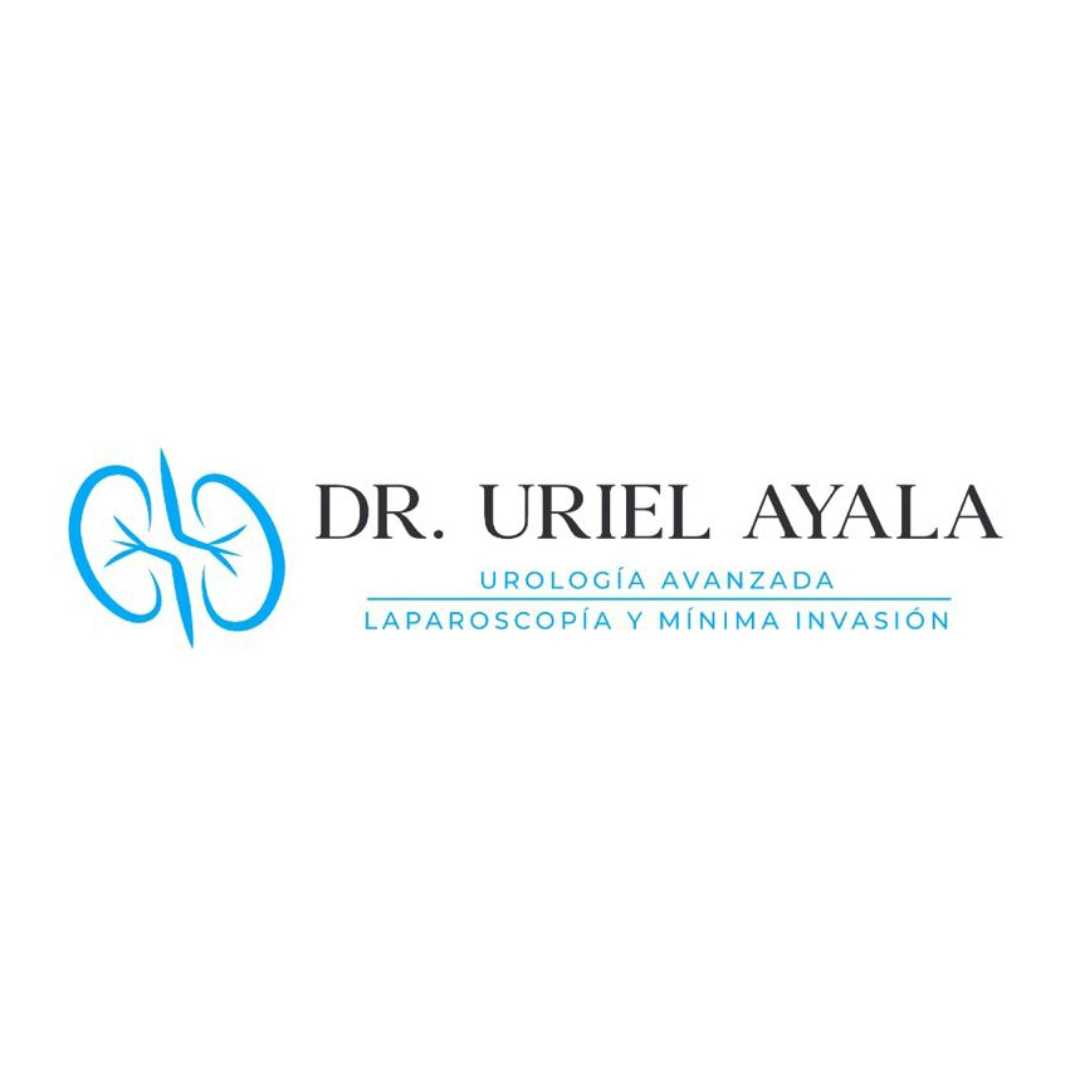
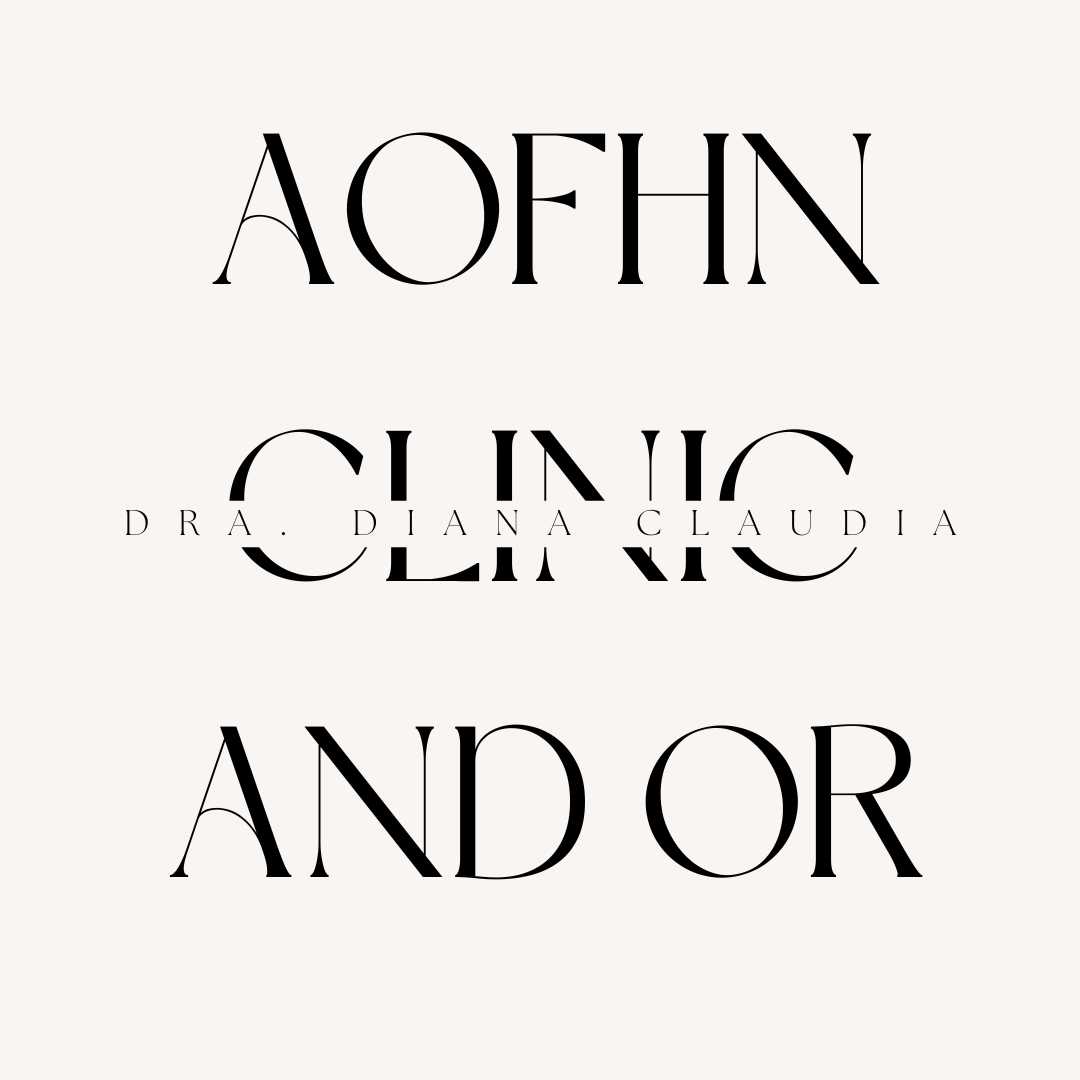
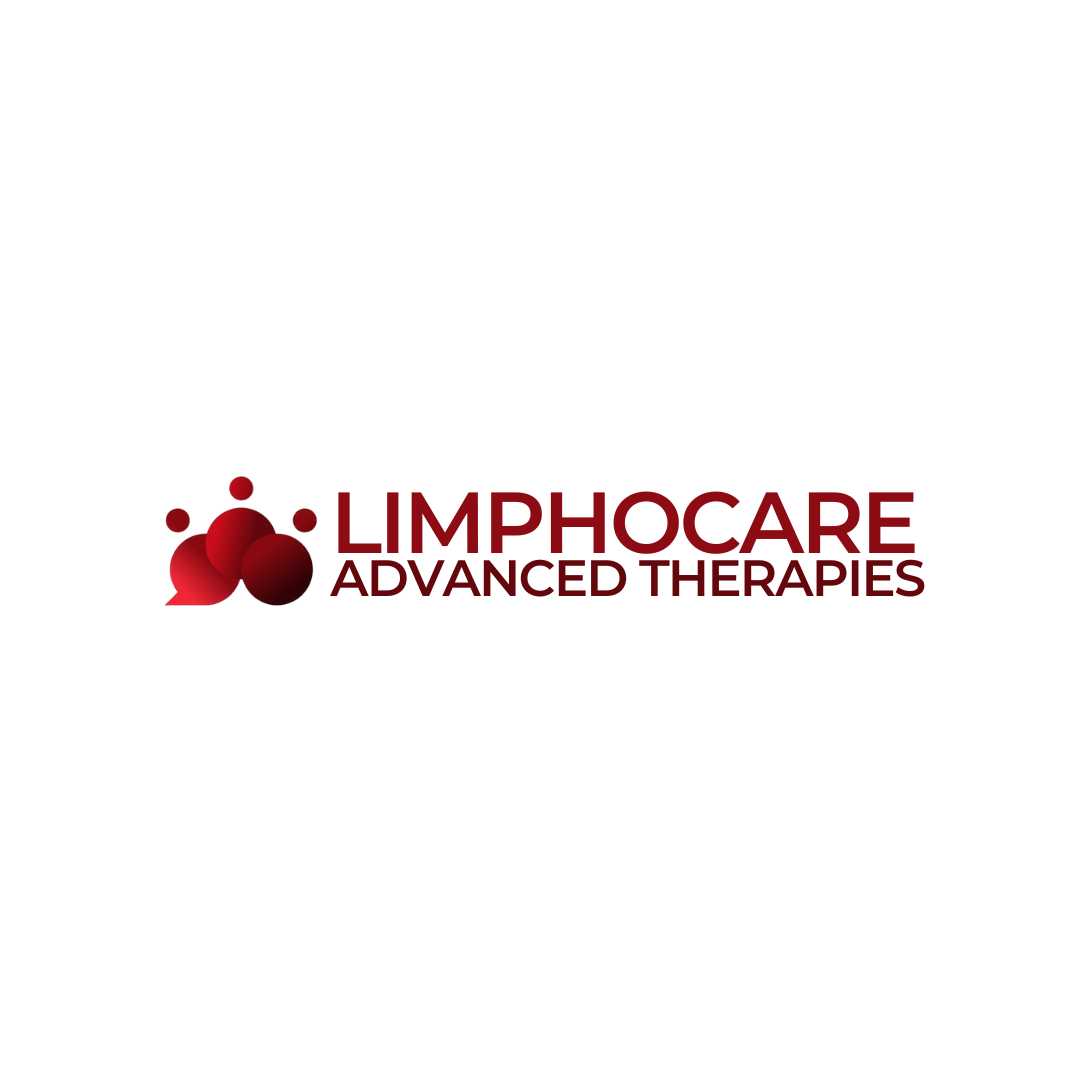

Share this listing